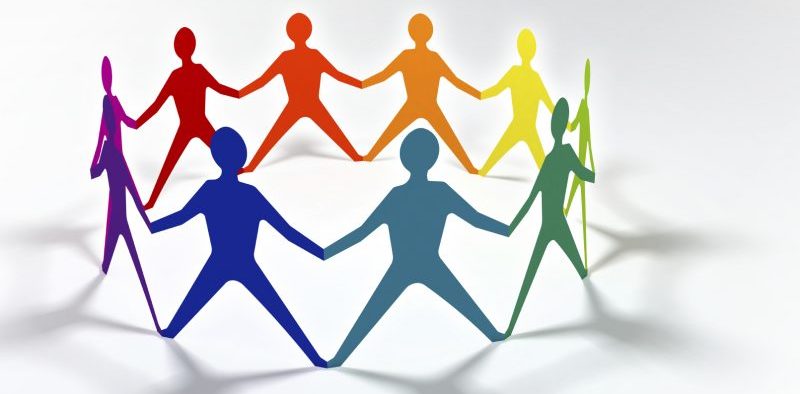![]()
In any group setting, such as a budget meeting at the office or a potluck dinner with your neighbors, focusing on teamwork helps to ensure that group goals are achieved. Of course, planning an efficient use of agency resources with your colleagues carries more importance than choosing the right quiche to impress your friends. Teamwork is an elusive – yet critical – component of a successful government agency. With that in mind, let’s discuss teamwork and the positive effect it has on agencies both big and small.
What is teamwork?
Ask 10 people for their definition of teamwork, and you’ll probably get 10 different answers. However, teamwork typically is built around individuals who work together to achieve a common goal or purpose and who hold themselves accountable for team output.[1]
What does teamwork include?
Building a culture of teamwork should be a priority for government organizations as they strategize mission success. A successful teamwork blueprint:[2]
- Creates synergy, where the sum becomes greater than its parts
- Removes barriers that prevent employee success
- Promotes flatter and leaner structures with less hierarchy
- Encourages cross-departmental interactions
- Fosters flexibility and responsiveness, especially the ability to respond to change
- Promotes the sense of achievement, equity, and camaraderie
What are the benefits of teamwork?
Agencies that build a team-oriented culture will more than likely find success in their employees’ attitudes, productivity, engagement, and organizational views. One study on organizational quality[3] found that teamwork led to high numbers of employees:
- Believing they could drive operational efficiency
- Possessing a greater awareness of their work environment
- Stating a stronger knowledge of their agency
- Perceiving a better relationship with stakeholders and decision-makers
- Thinking management is more willing to listen to their ideas for improvement
- Enjoying more influence over the decision-making process
How to build a culture of teamwork
Developing a team-oriented office might take a little effort, especially if doing so means changing the culture, but you won’t have to implement any expensive initiatives or invest in pricey software to make it happen. According to the Houston Chronicle, government agencies at all levels can develop a team-focused approach by:[4]
- Implementing recognition programs: Did someone score a big win for the team? Give them a shout-out at the next meeting. This not only makes the employee happy that their work is noticed, but his/her colleagues will be inspired to be more team-centric to get a shout-out!
- Encourage social activities: Fun events break down communication barriers and help employees get to know each other at a deeper level. These activities serve to drive engagement, productivity, and even succession, as workers who are connected to each other might think twice about leaving.
- Outlining clear roles: Before working in groups, staff members should outline each other’s roles and create work schedules and deadlines. This helps to drive accountability and reduce stress, which leads to a healthier team experience.
This is just the start of the journey into teamwork. Organizations should take this information to heart, as well as conduct their own research, in order to design successful initiatives that work for their own staff. That, by itself, is the very definition of teamwork!
[1] http://www.practical-management-skills.com/what-is-teamwork.html
[2] http://www.the-happy-manager.com/articles/why-is-teamwork-important/
[3] http://fagbokforlaget.no/boker/downloadpsykorg/KAP9/artikler/Betydningen%20av%20team%20for%20organisasjoner.pdf
[4] http://smallbusiness.chron.com/five-ways-improve-teamwork-workplace-13766.html





Great advice on teamwork! I love how you laid everything out clearly. Thanks for posting!
A couple of the paragraphs appear to be truncated – I feel like I’m missing something good!
Team building never ends. Thanks for the post!